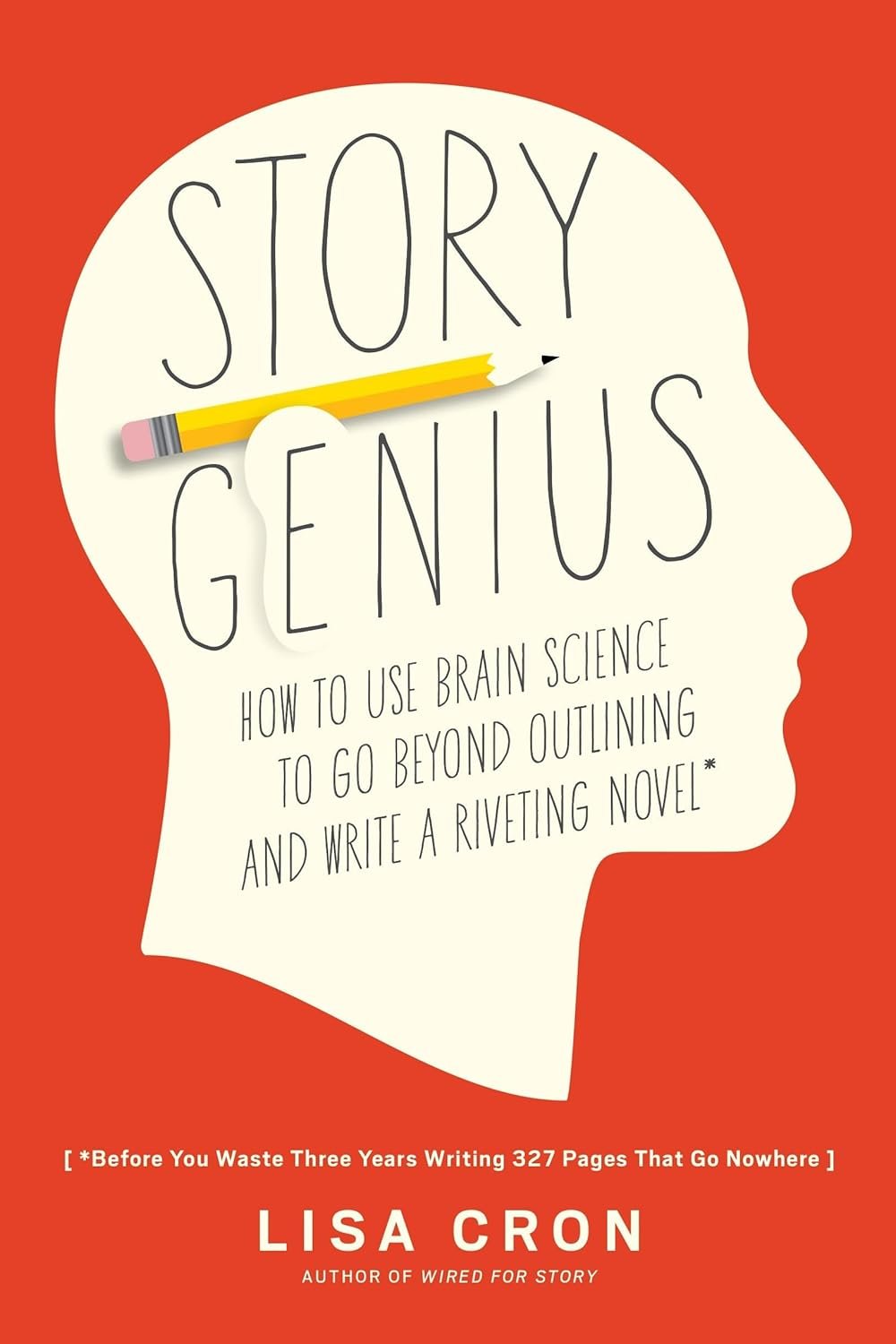
07 Aug Unlocking the Mind: A Deep Dive into Story Genius and the Science of Riveting Novels
Book Review: Story Genius by Lisa Cron
I have to confess: the moment I stumbled upon Story Genius by Lisa Cron, I felt an electric buzz of excitement. As someone who’s dabbled in writing and experienced the crippling realization of a narrative that goes nowhere, Cron’s promise of using "brain science" to craft stories that resonate deeply was irresistibly attractive. I’ve always believed that writing should be both an art and a science, and this book opened a door to deeper understanding—one that I never knew was there.
Story Genius serves as a guiding compass for writers, starting from the inkling of an idea and intricately weaving through the crafting of a compelling narrative. Cron’s thesis revolves around the profound connection between our brains and storytelling, illuminating how our cognitive wiring dictates what makes us crave one tale over another. She deftly unpacks the often-blurred lines between plot and story, urging us to prioritize the protagonist’s internal journey over mere external action. This resonated with me deeply; I’ve often found myself entangled in plots that fizzled, and Cron’s emphasis on internal conflict as the heartbeat of the narrative was a lightbulb moment.
The book is structured thoughtfully, with step-by-step exercises that helped me lay out my characters, their "wounds," and how those shape their journeys. The brilliance of Cron’s approach lies not only in theory but also in practical application. One standout moment in the text is her assertion: "Story is about the internal struggle. It’s about what the protagonist has to learn, to overcome, to deal with internally in order to solve the problem that the external plot poses." That simple yet profound insight shifted my perspective on storytelling entirely.
Cron’s writing style is approachable and warm—akin to a mentor sharing insights over a cozy cup of coffee. Her playful language belies the depth of her analysis, making even complex concepts digestible. I found myself laughing at familiar writing woes and nodding vigorously at her suggestions, further enhancing the reading experience.
Notably, Cron shares a real-life manuscript case study, allowing readers to witness the transformative power of her methods in action. While it was a thrilling venture, I admit to feeling a pang of frustration as she tantalizingly withheld the manuscript’s resolution—argh!—but perhaps that only highlighted the suspenseful nature of drafting and storytelling in general.
In conclusion, I wholeheartedly recommend Story Genius to both seasoned writers looking to revitalize their craft and budding storytellers eager for direction. It’s a manual, yes, but also an inspiration—a reminder of the immense power we wield when we structure stories that speak to the core of the human experience. As I closed the book, I felt a surge of motivation to dive into my writing once more, equipped with newfound knowledge and an understanding of what makes stories utterly riveting. Whether you’re battling your first draft or rethinking a stagnant manuscript, this book could very well be the lifeline you’ve been searching for. So grab your highlighters and get to work; your story deserves to be told.









